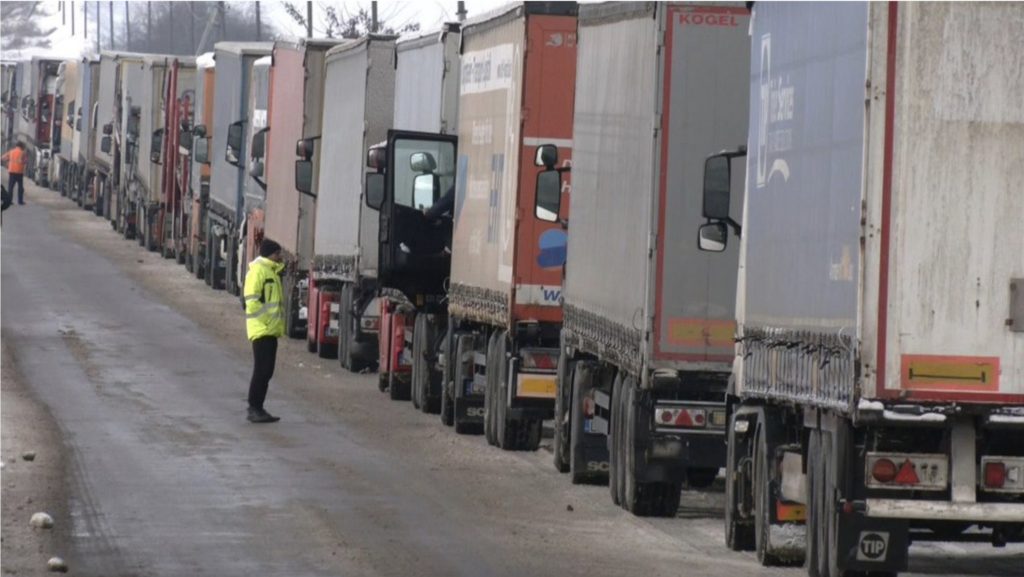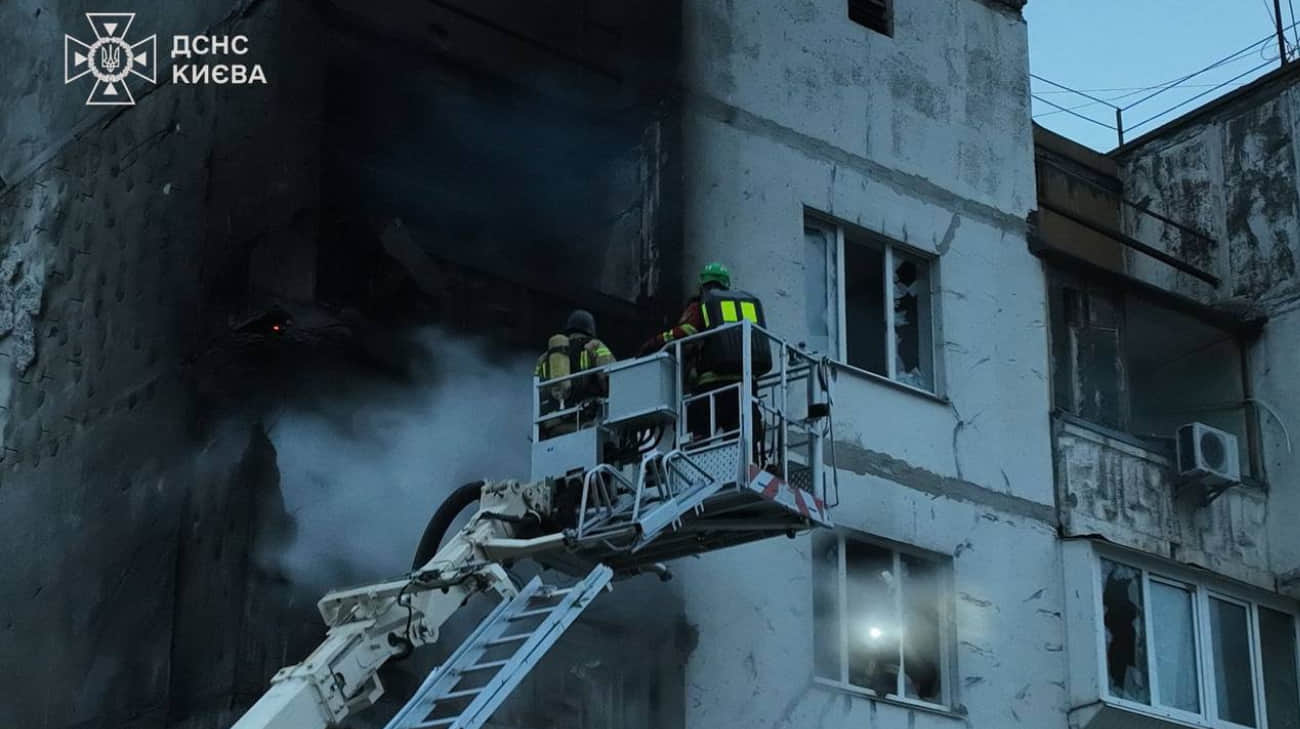Ukraine slams Polish border blockade, calling it “painful paradox” on Holodomor genocide Remembrance Day
According to Ukrainian diplomats, the blockade harms both countries' economies and plays into Russian hands.


The blockade of the Ukrainian border by Polish farmers “due to demands that have nothing to do with Ukraine” appears “as an especially painful paradox” on the Day of Remembrance for the Victims of the Holodomor genocide, an artificial famine unleashed by the Soviet Union under the rule of Joseph Stalin, said the Embassy of Ukraine in the Republic of Poland.
On 23 November, Polish farmers blocked the border with Ukraine again at the Medyka-Shehyni crossing point, protesting the upcoming EU-Mercosur trade agreement rather than Ukrainian grain imports that sparked last winter’s blockade. Last winter’s protests, which lasted until April, targeted an influx of Ukrainian grain through Poland after Russia’s Black Sea blockade forced Ukraine to redirect its exports overland. The prolonged demonstrations disrupted crucial supply routes, straining Polish-Ukrainian relations and Ukraine’s wartime economy.
According to the Ukrainian diplomats, the blockade of the Medyka-Shehyni crossing point not only harms the economic interests of both countries but also “plays into the hands of those who seek to sow discord between Ukrainians and Poles.”
“It is now critically important that our neighbors in Poland, who well understand the burden of historical traumas, show solidarity and jointly seek solutions that will satisfy the interests of both sides without devaluing the memory of past tragedies,” said the Ukrainian embassy.
The diplomats also emphasized that Ukraine, which once suffered the tragedy of the Holodomor genocide and which today is enduring “the bloody aggression of the Russian Federation, is also forced to fight for the preservation of its solidarity pathways with our Western partners.”
Polish farmers launch new Ukraine border blockade as Kyiv mourns millions lost to Stalin’s genocide
According to Ukraine’s State Border Guard Service, the protest will last 48 hours, with a possible extension.
Vehicles weighing more than 3.5 tons are not allowed to enter Poland, while only one truck per hour will be permitted to exit. The restrictions do not apply to passenger cars and buses.
The EU-Mercosur trade agreement is a proposed free trade deal between the European Union and the Mercosur countries—Argentina, Brazil, Paraguay, and Uruguay.
Polish farmers fear that the agreement will allow a significant influx of cheaper agricultural products from Mercosur countries, particularly beef, poultry, and sugar, which are produced under less stringent environmental and health regulations. This could undermine local farmers’ livelihoods by exposing them to competition they cannot match in terms of price and production costs.
Read more:
- Polish farmers resume Ukrainian border blockade at Medyka-Shehyni crossing until year-end
- Ukraine weathers $660 million Polish border blockade with new maritime channels
- Polish farmers unblock one of three Ukraine border checkpoints
You could close this page. Or you could join our community and help us produce more materials like this.
We keep our reporting open and accessible to everyone because we believe in the power of free information. This is why our small, cost-effective team depends on the support of readers like you to bring deliver timely news, quality analysis, and on-the-ground reports about Russia's war against Ukraine and Ukraine's struggle to build a democratic society.
A little bit goes a long way: for as little as the cost of one cup of coffee a month, you can help build bridges between Ukraine and the rest of the world, plus become a co-creator and vote for topics we should cover next. Become a patron or see other ways to support.



